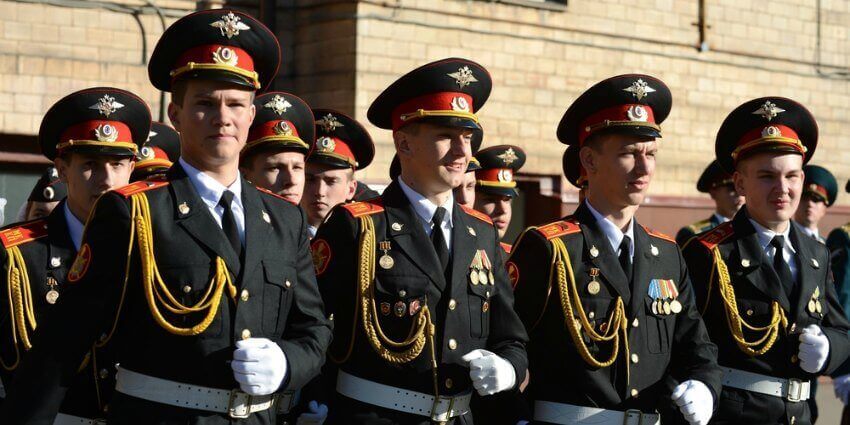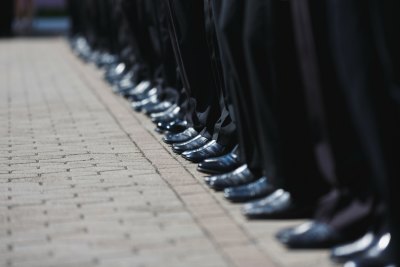
Do You Recommend Military Boarding Schools for Troubled Youth
Are Military Schools for Troubled Boys Recommended?
Military style programs designed to rehab troubled teens was a concept born in the early 1970s when the juvenile justice system needed a system that can address the rising rates of juvenile delinquents and provide an alternative to the overcrowded jails. What came out was a system that is now widely used to provide treatment and alternative education to children and youth with behavioral and psychological problems.
Boosted by the significance of discipline as a principal method of managing children, by the 1980s, military schools and boot camps have become a popular solution for rehabilitation of troubled teenagers and at-risk youth and for parents wanting to give their misbehaving kids an education in discipline and obedience.
But the problem with these solutions, however, is that these military-style programs boot camps, military schools, military wilderness programs, etc are proven not effective in dealing with teenage problems.
According to various research made into the subject starting in 2001 until recently in 2009, long-term military schools and short-term troubled teen boot camps do not directly address the unique requirements of children and teenagers with real behavioral, emotional and psychological problems, and thus, they have never been effective in fulfilling any of their stated goals.
That is because these programs are designed to administer discipline, order, and structure, and never therapy. For example, troubled boys suffering from various forms of depression will need proper intervention methods such as therapy and counseling, rather than a "yell in the face" or swift "kick in the groin" in order to learn how to manage themselves better.
The same goes with kids suffering from behavioral issues such as attention deficit hyperactivity disorder (ADHD/ADD) and oppositional defiant disorder; these kids do not need a military model in order to learn how to behave.
In 2007, Jaime E. Muscar, associate with King & Spalding's Tort Litigation Practice, conducted an investigative research regarding military-style programs' effectiveness in dealing with troubled teenagers and at-risk youth.
She found out that not only the antagonistic, in your face military model is counterproductive and only negates rehabilitation and treatment efforts of the school; it is also a system very open to abuse. Her studies have shown how a military model can pose a threat to the safety of its participants, of which could cause permanent damage on them.
According to Muscar, this highly confrontational nature is one reason why it should not be used in the juvenile treatment system.
Deciding a Military Education for Your Child
When deciding whether a military school is what your child needs, you should look past your anger and frustration and correctly identify the underlying issues that your troubled boy is facing.
You should be able to honestly answer the question of whether your child really needs is discipline, not therapy, because most probably, what he truly needs is a residential therapeutic environment where he can learn coping techniques that will allow him to manage himself better.
If you do enough research, you will likely find that military-style programs have been proven not at all effective in treating the deep-seated emotional or behavioral problems that a troubled teenager might face.
If you still feel that your child needs the tough love approach in order to learn how to behave, make sure that the military school you choose has the right facilities to meet a troubled boy's needs. Make sure the school is properly accredited, the teachers certified and qualified, and better yet, licensed to award a high school diploma.



